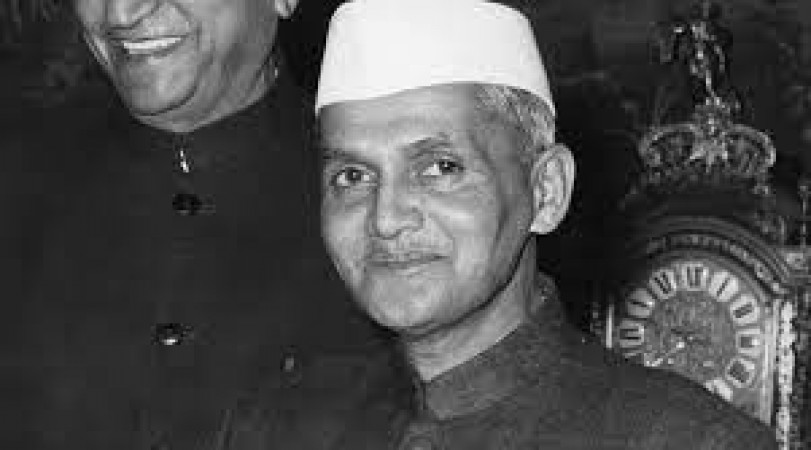
When we delve into the annals of Indian history, few leaders stand as tall and impactful as Lal Bahadur Shastri. His legacy is not just a mere collection of facts and dates but a reservoir of inspiration and significant contributions that continue to influence our nation. In this comprehensive article, we will unearth and examine the remarkable contributions of Lal Bahadur Shastri, shedding light on his life and his invaluable role in shaping India's destiny.
Lal Bahadur Shastri was born on October 2, 1904, in a modest family in Mughalsarai, Uttar Pradesh, India. His early life was marked by financial hardships, but this didn't deter his determination and resilience. The lessons he learned from these humble beginnings would go on to shape his unwavering commitment to the betterment of his country.
One of Shastri's most significant contributions was his role in championing the cause of the Indian farmer. During his tenure as the second Prime Minister of India from 1964 to 1966, he implemented various policies aimed at improving the conditions of farmers. The "Green Revolution" launched under his leadership played a pivotal role in making India self-sufficient in food production, transforming it from a food-deficient nation to one of the world's leading agricultural economies.
Lal Bahadur Shastri was a true embodiment of simplicity and integrity in politics. He set an example for leaders across generations by living a life devoid of extravagance and corruption. His famous slogan, "Jai Jawan Jai Kisan," not only celebrated the soldiers but also highlighted the essential role of farmers in the nation's progress. Shastri's personal conduct and ethical standards continue to serve as a guiding light for politicians and citizens alike.
Shastri's leadership during the Indo-Pak war of 1965 showcased his mettle as a statesman and a peacemaker. Despite the challenges posed by the conflict, he remained committed to resolving disputes through diplomatic means. The Tashkent Agreement, signed in 1966, reflected his dedication to peace and stability in the region. His efforts to maintain harmony earned him the title "The Man of Peace," further solidifying his legacy.
Understanding the significance of education in nation-building, Lal Bahadur Shastri advocated for educational reforms that would shape India's intellectual future. His focus on fostering scientific research and educational institutions has paved the way for India's emergence as a global hub for technical and scientific innovation. The establishment of the Indian Institutes of Technology (IITs) during his tenure laid the foundation for world-class education in the country.
Lal Bahadur Shastri's governance was characterized by his strong moral compass and commitment to ethical principles. His leadership style emphasized inclusivity, social justice, and economic equality. The policies he implemented were aimed at uplifting marginalized sections of society and fostering an environment of equal opportunity for all. Lal Bahadur Shastri's life and contributions continue to resonate with us, serving as a beacon of hope and inspiration. From his humble beginnings to his transformative leadership, he left an indelible mark on India's history and its future. His legacy is a testament to the power of dedication, simplicity, and integrity in shaping a nation's destiny.
Congress Challenges AAP to Public Debate Amid Escalating Political Feud
Congress Suspends Punjab MLA Sandeep Jakhar for Alleged Anti-Party Activities
New 'Namoh 108' Lotus Flower Unveiled with 108 Petals, Unique Characteristics